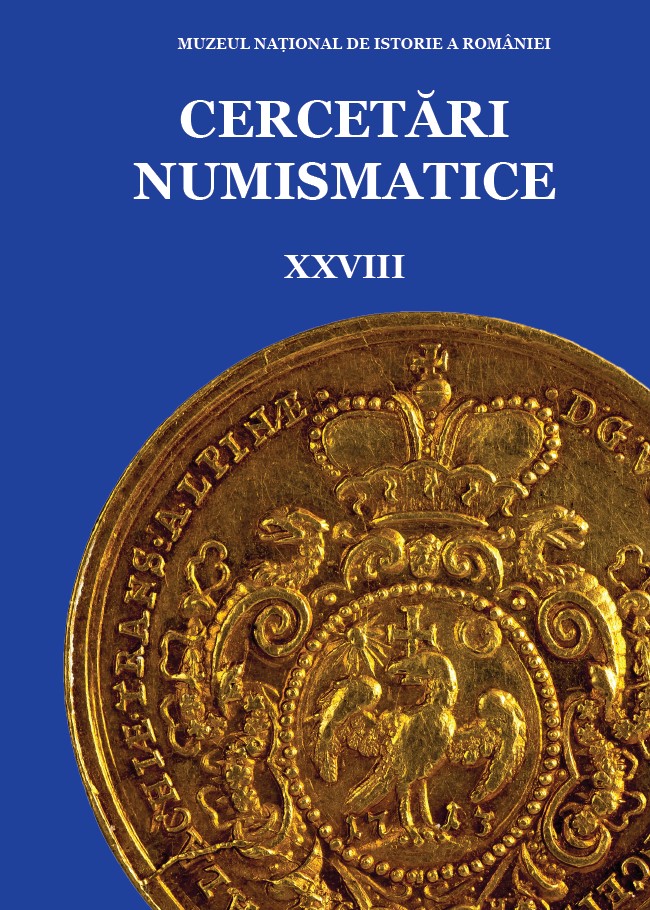
Ponduri din Macellum
| Authors |
|
| Section |
|
| Language | română |
| Key Words |
|
| Abstract | In the numismatic collection of the National History Museum of Romania, two weights are preserved, which are remarkable for their inscription, indicating that they are intended for the market, being guaranteed by the agoranom ΡΙΚΟΝ. One has the value of four Roman pounds (1500.62 g) because it is printed with the figure Δ, the other is only half a pound (183.99 g) because it bears the letter H for ἣμισυς. They are related to a standard ranging from 375.15 to 367.98 g, giving an average of 370 g. The nominal is accompanied by the term ΔΙΚΑΙΟΝ (δίκαιον), which means 'according to the law (of the city)'. The lead weights have a specific shape, reminiscent of the weights of Asia Minor, which is why we believe that they were not made in the workshops from Dobrudja, but rather were brought here and used in the local markets in the 2nd -3rd centuries, perhaps even in the time of Gordian III. Only sketchy data is known about the place of their discovery, which is certain to have come from the territory of Dobrogea, possibly from Histria, where the existence of a slaughterhouse is attested (ISM I 168). |
| Pages | 171-186 |
| Download | |
| Title of the Volume |


